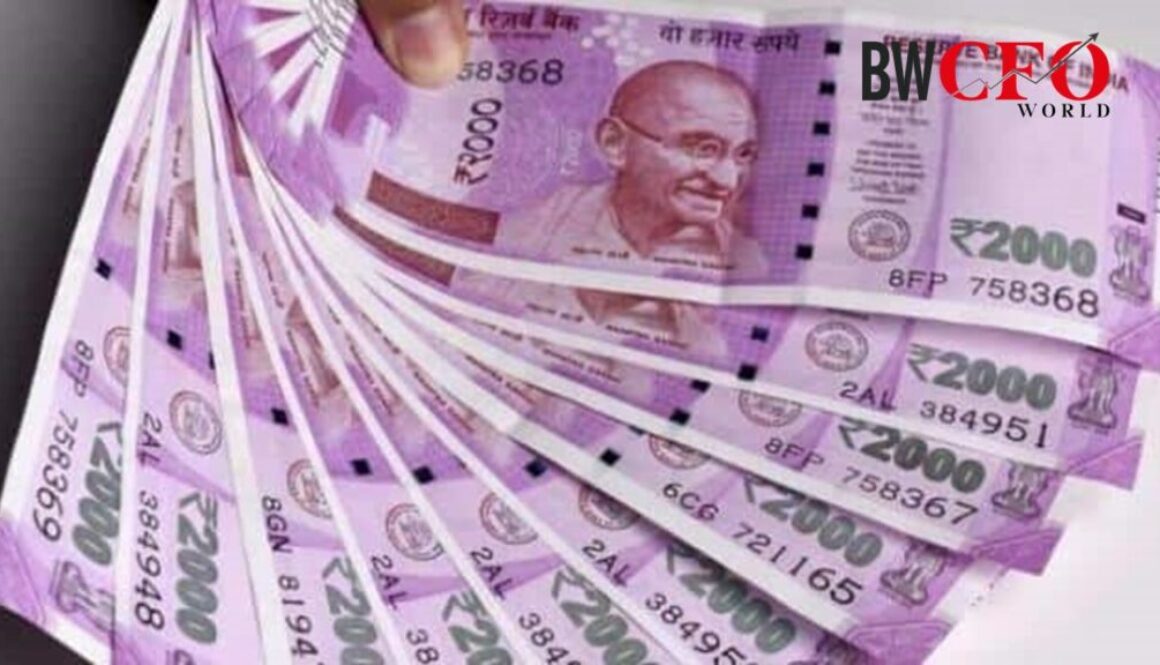Startup Funding In India Dropped By 80% In Q3 2022 YoY: Tracxn Report
This could be indicating that investors are not willing to make large investments until economic conditions stabilise
New report indicates that startup funding in India has dropped by 80 per cent year-on-year (YoY) in Q3 2022. The funding has also dropped significantly quarter-on-quarter (QoQ). In Q3 2022, Indian startups clocked USD 3 billion in funding, which is 57 per cent lower than Q2 2022.
According to the report, the average ticket size also witnessed a drop across all funding stages, with the late stage seeing the biggest fall of over 70 per cent, from USD 142 million in Q3 2021 to USD 42 million in Q3 2022. This could be indicating that investors are not willing to make large investments until economic conditions stabilise.
The top three sectors that received the maximum funding in this quarter were Alternative Lending, Genomics and Payments. Genomics is an upcoming sector with great potential but remained untapped by investors till now. It saw maximum investor interest in Q3 2022, receiving over USD 231 million in funding, which is higher than the total funding received in the year 2021. The five companies that raised funding rounds of USD 100 million+ in this quarter were EarlySalary, 5ire, InsuranceDekho, OneCard, and BookMyShow with the most active investors being Better Capital, Venture Catalysts and Surge.
Out of the 334 funding rounds closed in Q3, the top 3 funding rounds were completed by EarlySalary (USD 110 million – Series D), CleverTap (USD 105 million – Series D), and OneCard (USD 102 million – Series D). The Tracxn report said that 109 startups closed their first funding round in Q3 2022, of these three startups turned unicorns, 39 startups got acquired, and two filed for their IPOs. Bigspoon, InsuranceDekho, CUSMAT, Airtribe and Serentica Global joined the Soonicorn club.
In a statement, Neha Singh, Co-founder, Tracxn said, “Our quarterly startup report confirms that India is currently experiencing a funding slowdown which is expected to continue for the next 12-18 months and the effects of the funding slowdown are expected to intensify going forward.”
During the slow funding quarter, Bengaluru led the maximum total funding raised followed by Mumbai and Delhi NCR. “Executives across the world anticipate a recession in the near future and are making preparations to cut costs. To add to their woes, the recent energy crisis in the UK and Europe and also the sliding GBP and EUR have increased the likelihood of a global recession”, Singh added. In the month of September 2022, India received USD 752 million in funding down by 15 per cent as compared to August 2022 and down by 83 per cent as compared to the same period last year.

